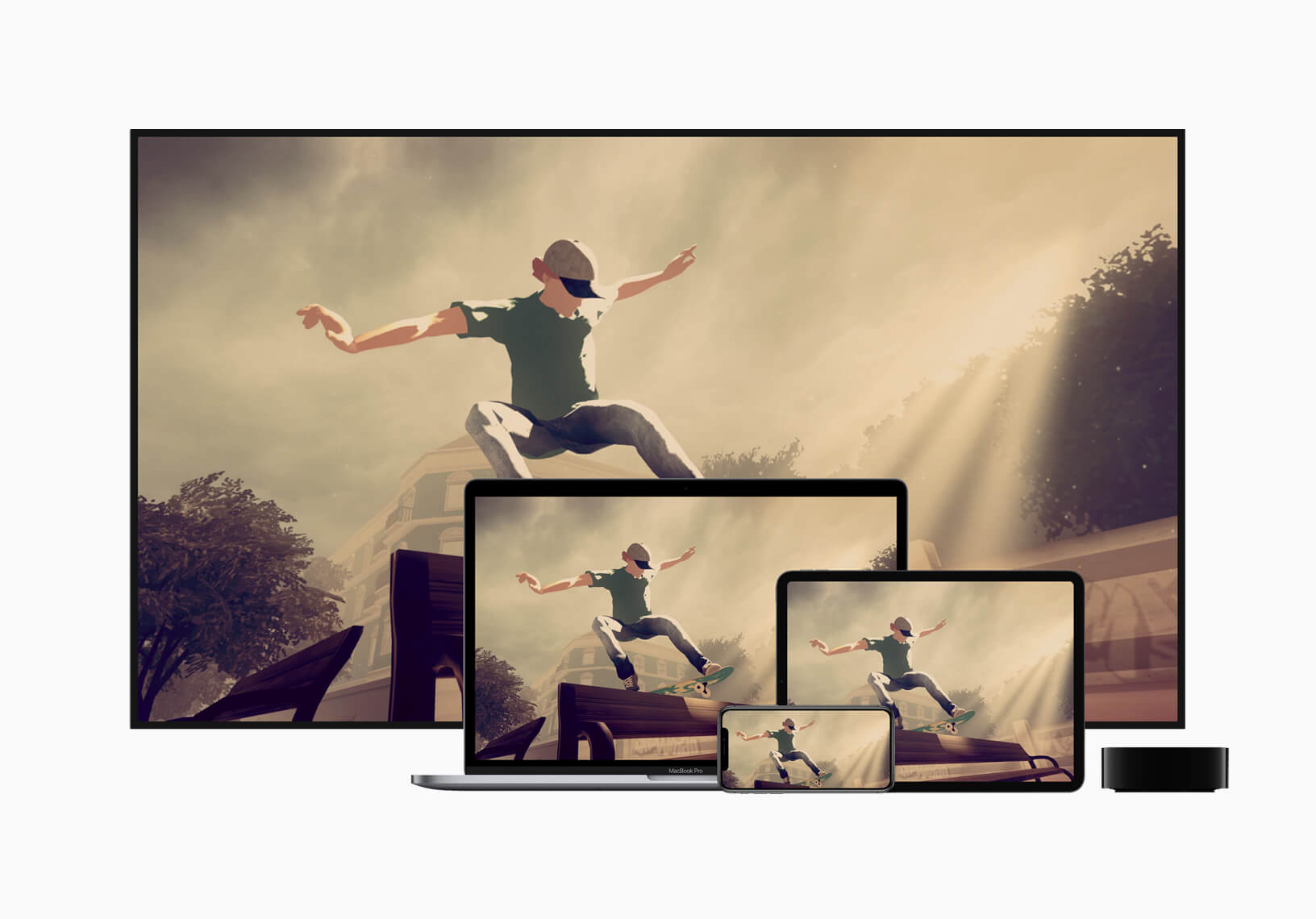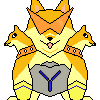Apple Arcade vs Gacha Gaming: How Will Apple Arcade Impact the Mobile Gaming Market?
With the release of Apple Arcade, many wonder what the effects will be on the mobile gaming industry. How will it affect Gacha Gaming, the poster child of In-App-Purchase games?
- Gacha Gaming/IAP type games won't be affected too much due to being different markets.
- The new subscription model outprices premium (paid) games and will force developers to join or fall behind.

How Apple Arcade Will Affect Gacha Gaming
With the release and buzz surrounding Apple Arcade (and soon, Google Play Pass), plenty of the speculation is on how these subscription-based models will shake up the mobile gaming industry. As of now, the most successful mobile-game model is the In-App-Purchase (IAP), spanning from buying more stages to the notoriously addicting Gacha Games. So what is the most likely outcome of these two unstoppable forces?
Apple Arcade will not affect Gacha Games very much. Like trains running in parallel, the target consumer for these services are different. At its core, Apple Arcade strives to offer a full-game console experience on mobile and more, not unlike the ambition of handhelds like the Nintendo 3DS. What's more, it removes the barrier of commitment to any games through its subscription model. While some gacha gamers may have waited for this sort of model and will gleefully hop over, the core audience of IAP game players will likely stick to their games for a majority of reasons.
Hello grinding my old friend... (Game: Fate/Grand Order)
Why Apple Arcade is different
Gacha Game Experience and Commitment Time: For IAP game players, the play patterns and sessions tend to be very granular and short. While people may play for long sessions, each individual stage or mission will only take a few minutes on average. From personal experience, console-level games tend to have a "I will make time to play this" barrier to play. Even though I've been blown away by some of the games on my Switch (recently Astral Chain), I can easily make some progress in Fate/Grand Order while I'm waiting for others or eating lunch.
Reward Structure: As much as people bemoan "terrible rates" or "predatory practices", the unchanging matter is that they often continue to play these games. The premier draw of many IAP games is the psychological rewards. Gacha style games that offer unit/gear collection thrive on the sense of exclusivity, ownership, and rarity, while competitive games offer a power fantasy when triumphing over others. Given Apple Arcade's strict no-IAP policies, it leaves less opportunities for the developers to deliver these and less incentive for core IAP game players to invest their time.
Next Age Console Wars: At $4.99 per month, and free for the first month on anyone on iOS 13, Apple Arcade could very well be a loss leader to sell Apple devices. This leads straight into the crux of the problem: platform exclusivity. This is a tale as old as the first console wars, and that is the exact problem: we're back to Sega does what Nintendon't. The comprehensive experience would be to own both Android (for the future Google Play Pass) and iOS devices, but most people simply do not have the budget or need for two phones. In comparison, almost all major IAP-style games are available on both mobile platforms, and thus have a greater factor of accessibility. At the end of the day, the people feeling the crunch are those who lack access to the exclusive platforms (as someone who eternally hopes for Persona 5 and Nier: Automata on Switch, I can definitely empathize.)
The Top 5 paid and grossing apps on the Apple App Store as of writing. Source: Sensortower
So Who Does Apple Arcade Affect?
Like any large-scale corporate policy, it will hit small business independent developers the hardest. Not only do they need to compete with the big names Apple has hired, but the subscription model will force them to join or die. With Apple Arcade, the average consumer can pay either $4.99 for unlimited games (some of them exclusive!), or a game like Terraria on iOS (also $4.99). The value proposition and devaluation of premium-model (read: paid) games is obvious compared to even an established game like Terraria. Going forward, I expect the percentage of Premium games to continue shrinking, with the advent of Apple Arcade chomping away at it even faster.
To a smaller extent, Apple Arcade will also have an impact on console games proper. The major dilemma most kids face when buying games is their individual cost. Even now, as a grown man with a job I find it difficult to justify spending $60 unless I know the game is excellent (or straight up grabs my nostalgia, like Pokemon Sword and Shield.) I cannot overstate my surprise at the revolutionary model of Apple Arcade. For the price of one AAA console game yearly, I can potentially play as many games as I want for as long as I want; that's pretty absurd.
The major deciding factor in value will be whether or not Apple can provide the same quality of games to be a proper console contender. While they may not be able to pull big IP's such as Pokemon, they have been successful in bringing on major developers and initial reviews are glowing. I look forward to seeing the new life and creativity that stems from giving developers the unfettered opportunity to create.






